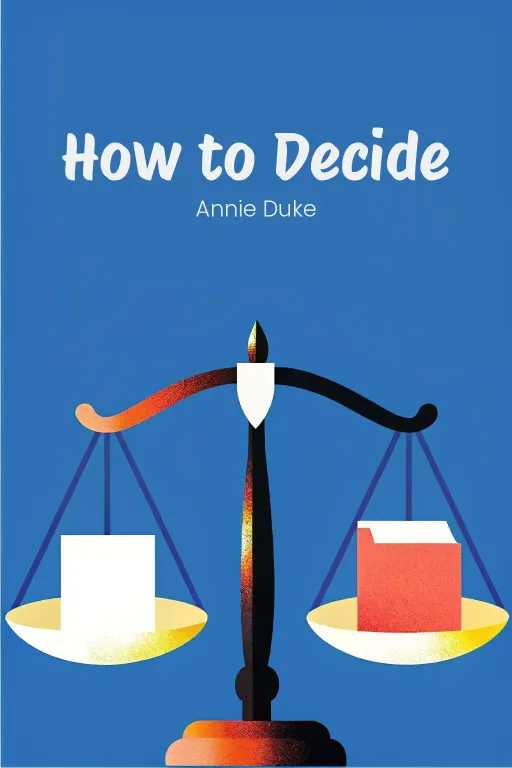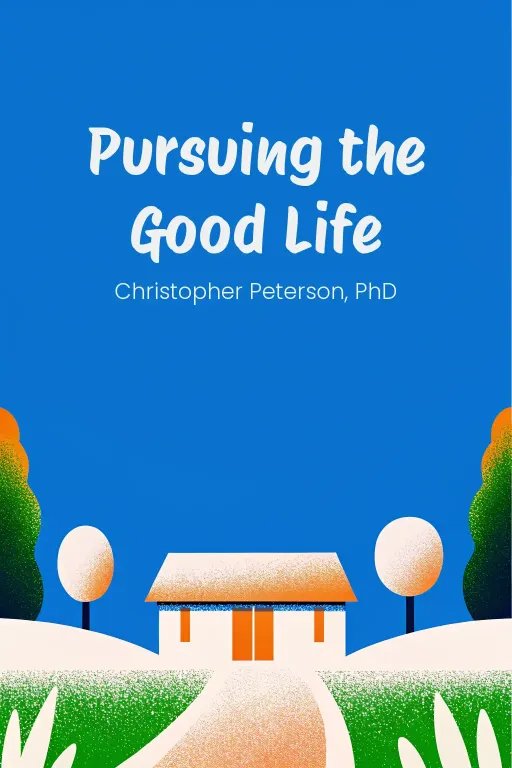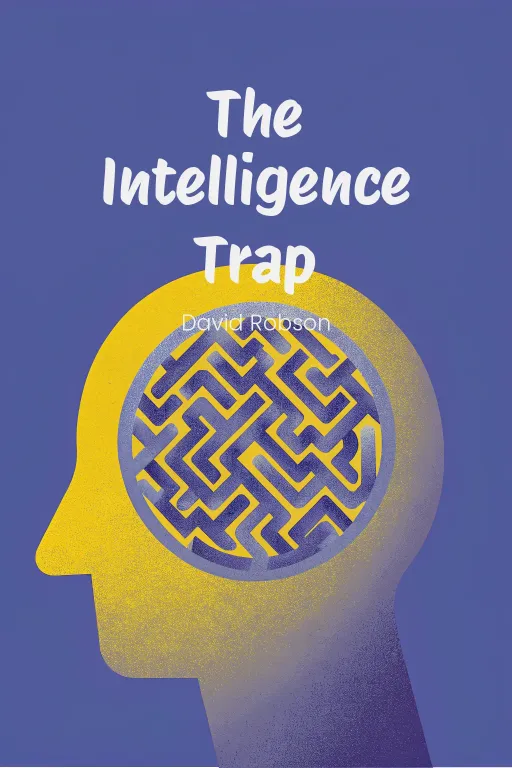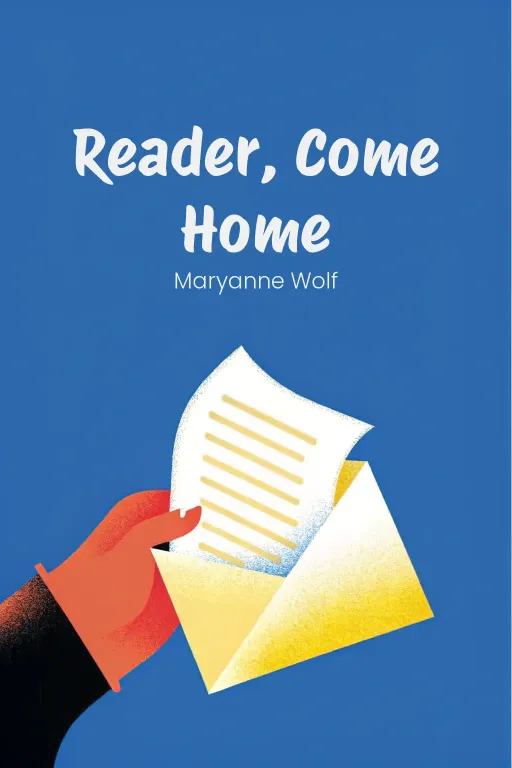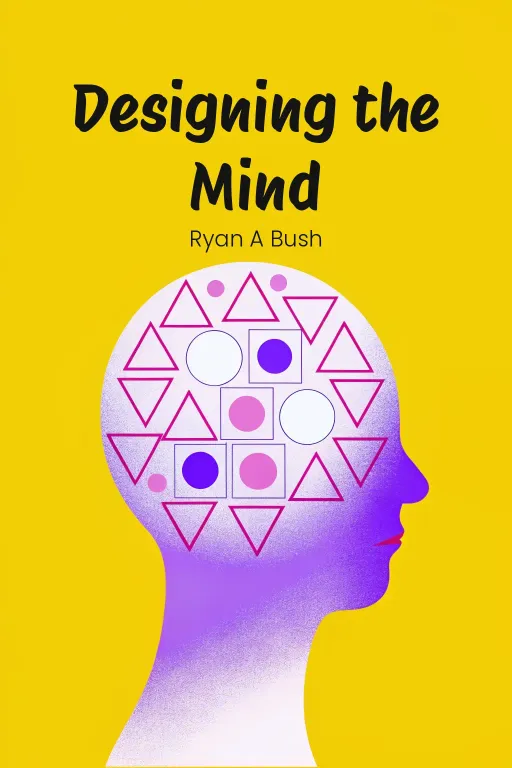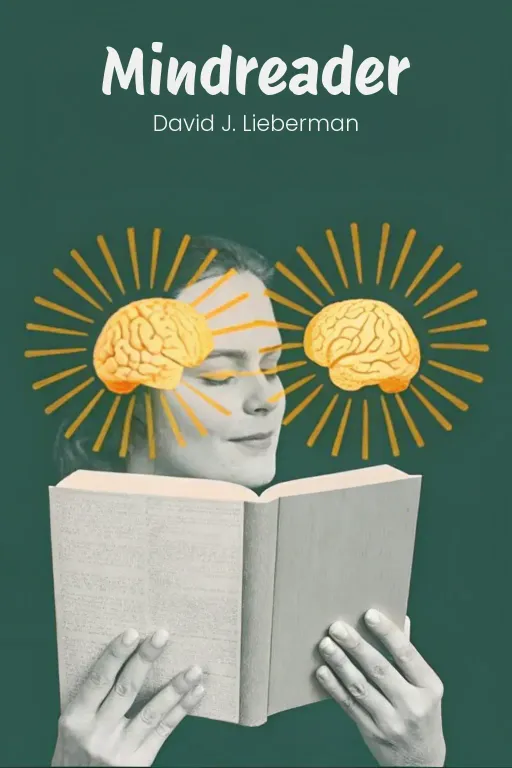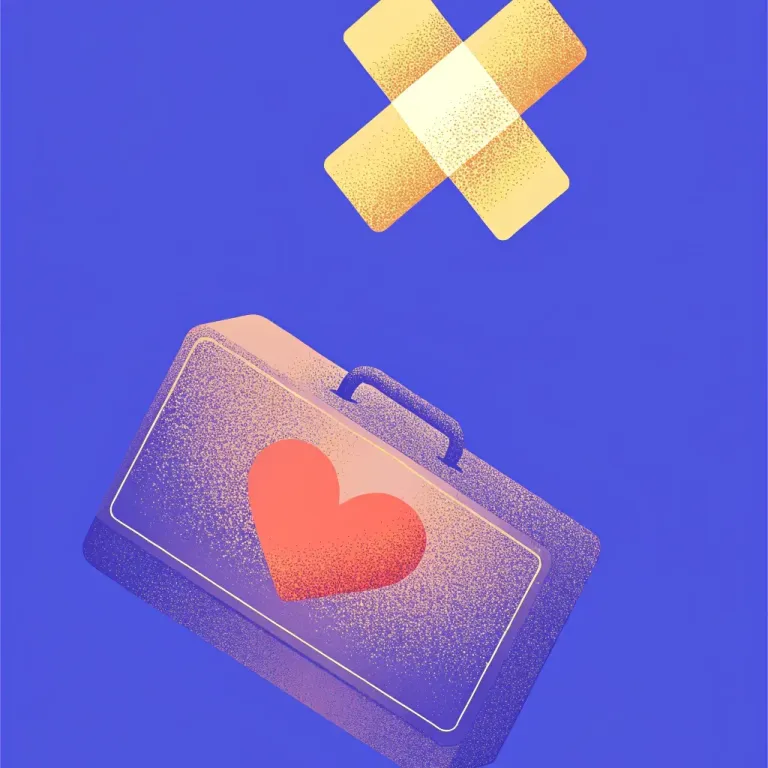
Heal Your Heart: Quick Mental Fixes
Podcast by The Mindful Minute with Autumn and Rachel
Healing Rejection, Guilt, Failure, and Other Everyday Hurts
Introduction
Part 1
Autumn: Hey everyone, welcome back! Today we're tackling something super common, but often swept under the rug: emotional injuries. I mean, come on, if you twist your ankle, you're not going to just tough it out, are you? But when it comes to emotional pain—things like rejection or screwing up—we tend to ignore it, hoping it'll just vanish. Newsflash: it usually doesn't! Rachel: Hold on, are you saying I need to start carrying, like, emotional bandages now? Do I need a whole emotional first-aid kit? Autumn: <Laughs> That's actually not far off, Rachel, because that's precisely what Guy Winch talks about in his book, “Emotional First Aid”! It's basically a mental health handbook, showing us how to treat those emotional boo-boos—loneliness, guilt, feeling down on yourself—just like we would physical ones. Winch gives us hands-on ways to fix those hidden wounds and build up our resilience, so that when life knocks us down, we don't stay down. Rachel: Invisible first aid for invisible pain. Alright, I'm following. So, what's our agenda today? Are we, you know, diagnosing emotional strains and sprains? Autumn: Almost! But we're going beyond just diagnoses. We're going to answer three big questions: One, how do these unhealed emotional wounds actually affect us? Because believe me, they do. Two, what are some real, practical things we can do to heal them? Think changing how we think, building better relationships. And three, how do we build up lasting emotional resilience so we can bounce back, no matter what life throws our way? Rachel: Okay, so we're digging up old scars, handing out emotional tools, and building some serious mental armor. Sounds good. I've got my skeptical hat on—let's get into it.
Understanding Psychological Wounds
Part 2
Autumn: Okay, let’s jump back in where we left off, Rachel. We were talking about understanding psychological wounds as the very basis for healing, right? I mean, think about it, if we don't really “get” how deeply things like rejection, loneliness, and failure can affect us, how can we even begin to recover, let alone thrive? It's like, remember that sprained ankle you were talking about? Ignoring that just makes things worse. Rachel: Yeah, I’m with you. Let's zoom in on rejection first since pretty much everyone can relate to “that”. Who hasn’t felt that sting of unanswered texts, or that "we'll call you" after an interview that never happens? So, what makes this emotional scrape so foundational? Autumn: Well, at its core, rejection really attacks our sense of identity and belonging, you know? It's not just "someone said 'no,' so what?" Rejection actually lights up the same areas of the brain as physical pain. Remember Dr. Guy Winch? He talks about that experiment with the ball-tossing game. People were excluded from the game, even though it was all virtual, and they felt real pain and distress. Rachel: Hold on a second. You're saying being snubbed by a computer game hurts as much as, say, stubbing my toe? That's kind of crazy. But, why does rejection hit so hard, even when, logically, it shouldn’t even matter? Autumn: Think evolution, Rachel. Back when we were all in tribes, being rejected meant death, basically. No protection, no resources, nada. So, we evolved to see rejection as a huge threat. That's why even small things, like someone not texting back, can hurt way more than they should. Our brains just haven't caught up with the whole online dating thing. Rachel: Okay, I'm buying the evolution thing. But what about Angelo, that guy you mentioned? His fear of rejection didn't just disappear, did it? Autumn: Nope. His career mess-ups just piled up and got worse. He started doubting himself, pulled back emotionally, stopped hanging out with friends, just stopped trying, really. The fear of getting rejected again just froze him. The wound kept getting deeper instead of healing. Rejection isn’t just a temporary bummer; it can seriously affect your self-worth and how you see yourself and the world. Rachel: So basically, rejection is more than just hearing "no," it's the chain reaction that follows, right? If I feel like I'm unlovable after a bad date, then every other interaction after that feels like a minefield ready to blow up my confidence. How do you even pull yourself out of that? Autumn: That’s the million-dollar question! Winch has a great strategy: fight back against your inner critic with actual evidence. When rejection happens, we tend to spiral with thoughts like “I’m not good enough” or "I'll always fail." The trick is to treat those thoughts like a prosecutor that's got it all wrong. Write down those negative beliefs and argue against them with proof - times when you “were” liked, successful, appreciated. Rachel: So, turn into my own personal defense attorney. "Exhibit A: I make killer pasta, therefore I'm worth a second date." I get it. Autumn: Hey, if pasta's your thing, own it! But, seriously, it’s not about making yourself feel good for no reason. It is about reminding your brain that rejection doesn’t define who you are. It helps rebuild self-esteem, so you can face new situations without all that fear hanging over you. Rachel: Makes sense. So, let's switch gears a little here – what about loneliness? It's kind of hard to spot, I think, compared to rejection. You can be in a crowded room and still feel completely alone. Autumn: Exactly. Loneliness isn't about being physically alone, it’s that constant sense of being disconnected - feeling like nobody gets you. And ironically, tech has made it worse somehow. Social media lets us put together these "perfect" lives for everyone to see, but it makes us compare ourselves to others and feel even more isolated. Seeing someone's vacation photos makes me feel even more lonely in comparison. Rachel: Bingo! So, I'm scrolling, seeing everyone's fabulous trips and instead of feeling connected, I’m just thinking, "Wow, my life is boring. I'll just stay in bed then." So how does someone avoid this? Autumn: Totally, and it can turn into a vicious cycle. Seriously, studies show loneliness can mess you up physically, too. Higher risk of heart disease, lower immune system, even depression. And what's even scarier? It's contagious! If one person in a group feels it, it spreads, and other people feel it too. Rachel: Wow, that's a lot. So do those suggestions to get out there and meet people really work? Or is that just some oversimplified, feel-good advice? Autumn: Actually, they do, but only if you're doing it for the right reasons, with meaningful intentions. Winch suggests connecting with old friends or finding a community group, but you have to shift your mindset. If you assume people won't care or will think you're weird, you'll just reinforce that isolated feeling. But if you go in with an open mind, it can really help to break that cycle over time. Rachel: Rewiring your assumptions – got it. But changing social habits sounds tough. Wouldn’t fear of rejection pop up here, too? Autumn: Oh, it's always lurking. Which brings us to the fact that these emotional wounds are all tangled up. Someone struggling with loneliness probably has some rejection or failure issues hanging around, too. They feed off each other. Rejection worsens loneliness, and failure makes you want to build walls. It makes emotional healing really complex, like picking apart a big knot of pain. Rachel: So, how does failure fit into all this? Is it worse if someone takes their mistakes too personally? Autumn: Big time. When we start equating failure with our personal worth, that's when things get dangerous. Winch talks about a student who messes up on one exam and then decides they're just stupid. That creates a fear of failing “and” fear of even trying because you'd avoid the situation. Rachel: So I'm guessing that the solution isn't to avoid these situations then. Autumn: Exactly. It's about thinking about failure as a step in learning, not some ultimate judgment on who you are. Let's say a young entrepreneur's business goes belly-up. Instead of thinking, "I'm a terrible leader," they can reframe it as "Okay, now I know what “not” to do next time." Failure becomes data, not the end of the road. Rachel: Okay, I see how that could work. But what if someone's stuck in a loop of failure, and then rejection, and loneliness… how do you handle all of that at once? Autumn: That's where self-awareness really comes in, doing an emotional inventory, so to speak. Reflecting on the emotional pain points, people can start to see patterns. Loneliness might point to underlying fears of rejection. Dwelling on failure might explain why their self-esteem is always low. Then, you can find solutions that target those issues, like practicing self-compassion or just taking baby steps. Rachel: So, the big takeaway here is that psychological wounds need a holistic approach. You can’t just slap an emotional Band-Aid on one without addressing the rest of the issues. Got to unpack the whole baggage, essentially. Autumn: Precisely! Recognizing their impact is the first and most vital step. With that awareness, you can actually take action, and action builds emotional resilience. It's not about healing one single issue; it's about preventing those initial bad moments from causing lasting damage.
Practical Emotional First Aid Strategies
Part 3
Autumn: So, recognizing how serious these emotional injuries are is key, right? It lets us move on to actually dealing with them. It’s not enough to just say, "Okay, rejection hurts," we need ways to handle them, otherwise, they’ll become baggage. So, today, let's see how we can use all this in real life. Rachel: Okay, so we're done with "emotional triage" and now we're building our toolbox. Where do we even start with these strategies? Autumn: Reframing negative self-talk is a really good starting point. I think it's one of the best ways to stop the constant self-criticism after a setback. When something goes wrong, that inner voice can become brutal. You know, like an internal bully whispering, "You're not good enough," or "It's all your fault." Rachel: Whoa, hold on. That sounds like something from a self-help book. "Just think happy thoughts," right? That's not very useful in the moment. Autumn: Well, it's not about covering up the pain with positivity. Winch says to question those thoughts like a detective, challenge if they're true. Remember Angelo, who we talked about being rejected from those jobs? He went from thinking, "I'm a failure, I have no talent," to, "Okay, maybe the job market’s just tough right now." He actually listed reasons why it wasn't just him, and that’s how he realized he wasn’t a complete failure. Rachel: So, Angelo had an internal debate, and surprise, surprise, he found out he's not a total disaster. Even a lawyer would respect that strategy. Autumn: Exactly. It might feel weird at first, but it helps to rewrite those unhelpful stories we tell ourselves. We’re not good at giving ourselves a break, you know? When you fight back against those thoughts, you’re teaching your brain to stop believing them. Rachel: I get the logic, you deal with a bad thought, you disarm it with proof, and hopefully, it gets weaker over time. But what if someone’s in deep, self-talk isn't enough? What else can they do? Autumn: Rebuilding social connections is super important, especially when you’re feeling rejected or lonely. Emotional injuries can make us isolate ourselves, but being alone just makes it worse. Strengthening relationships doesn’t just make you feel less lonely, it gives you a support system for future problems. Rachel: Sounds great, unless you feel invisible. If you’re disconnected, how do you even start? Autumn: It takes effort, but it can be done in small steps. Say you’ve stopped talking to friends after a breakup, because you don’t feel worthy of their time. Winch would say to start with low-pressure things—coffee with a friend, or a hobby group. These little reconnections are like reinforcements, and help you rebuild that sense of belonging. Rachel: So we’re not talking about jumping straight into a networking event? Autumn: Exactly, because that can be a disaster. It’s not just about how many people you know, but the quality—you want people who lift you up, not bring you down. And new connections help too. A class or volunteering can help you rebuild more manageable relationships, especially when you're feeling vulnerable. Rachel: Makes sense. Let’s switch to something internal: self-compassion. Every therapist seems to be saying, "Be kind to yourself," but it’s not clear what that actually means. Autumn: True, but self-compassion is more than just general advice. Winch breaks it down into specific actions. How would you react if a friend told you about a failure? You wouldn’t trash them, right? You'd be supportive, highlight their effort, or their potential. Try to treat yourself that way. Rachel: So, the golden rule, but for yourself? Do unto yourself as you would do unto your buddy? Autumn: Exactly! It’s not complicated, but that shift from judgment to kindness can be huge. Winch also suggests writing a letter to yourself about something painful—acknowledge your emotions and remind yourself of how strong you are. Save these letters to remind yourself during tough times. Rachel: I see the point, like leaving little wisdom notes for your future stressed-out self. But let’s talk about rumination. What do you do when your brain keeps replaying past mistakes? Autumn: Rumination just picks at the emotional scab, it keeps the wounds open. Winch suggests self-distancing. It’s like taking a mental step back to see your experience from another person’s point of view. Rachel: Sounds abstract. How does that work? Autumn: Try journaling, but in third person. Instead of writing “I failed” or “I was humiliated,” write "John felt hurt when his boss criticized his work." That little switch creates distance, and reduces the intensity. You’re more logically analyzing the situation, compared to being pulled into its emotional chaos. Rachel: So, you’re swapping “I’m drowning in shame” with “That guy over there seems to be struggling a bit.” It’s like turning your emotions into a case file instead of total fury. Autumn: Precisely. Take for example, Linda. She struggled with a toxic work environment. At first, she kept reliving those moments with anger and regret. But by recounting the events in third person, she found clarity, and eventually, closure. That shift helps people process their pain without re-experiencing it every time. Rachel: I’ll give her credit, that’s smart and probably better than ranting into the void. Let’s wrap this up: what about triggers? The emotional “landmines” in daily life? Autumn: Yes, triggers amplify emotional distress. First, you need to recognize them: what flips that emotional switch? Maybe it's scrolling through social media, or maybe it's certain conversations or reminders of past failures. Adjusting your environment can be incredibly freeing like unfollowing accounts that spark comparison. Rachel: What if those triggers are unavoidable? You can’t just fire every annoying coworker. Autumn: That’s when you might consider professional help. Therapy gives you the tools to manage long-term patterns, and tailors strategies to your situation. Seeking help isn’t a weakness, it’s a smart move. Knowing when to bring in an expert makes sure those wounds don’t become permanent scars. Rachel: So, we’re staying proactive, building the toolkit before issues pile up and become chronic. It’s preventative, not just reactive. Autumn: Exactly. By practicing these strategies—addressing rejection by reframing, repairing loneliness with reconnections, or stopping rumination with perspective shifts—you’re gradually building emotional resilience. It's like strengthening mental armor piece by piece, so you’re ready for anything that comes.
Building Long-Term Emotional Resilience
Part 4
Autumn: So, with these strategies in our toolkit, let's dive into weaving them into our daily lives for lasting resilience. Because honestly, patching up emotional boo-boos as they pop up is one thing, but preventing them and building that emotional bedrock, that's the real game changer. We're moving from damage control to building something truly durable. Rachel: Ah, so we’re talking about the emotional equivalent of choking down kale and hitting the treadmill. Not just slapping a bandage on when things go south, but genuinely reinforcing yourself so you're tougher to take down in the first place. Autumn: Exactly! Emotional resilience, just like physical fitness, is a skill you develop over time. It's not some inherent trait, it grows through conscious habits and catching things early. And that early detection piece is really key. Spotting those subtle warning signs before they turn into avalanches can prevent a lot of heartache. Rachel: Alright, let’s unpack this. What kind of signals are we looking for here? Because if I'm being honest, sometimes it takes a full-blown implosion for me to even realize something's off. Autumn: And that's exactly what we want to sidestep. Early indicators could be things like increased irritability, pulling away from friends and family, or even just struggling to concentrate. For example, if every Sunday evening you feel this overwhelming sense of dread, that might be more than just the usual Sunday blues. It could be tied to work-related stress or needing more downtime. Rachel: "Sunday scaries," officially upgraded to "Sunday distress syndrome." I like it. Autumn: <Laughs> Exactly! And to stay ahead of the game, Winch suggests keeping an emotional inventory. That means regularly checking in with yourself, tracking your mood over days or even weeks to spot patterns. Jotting these down, literally journaling, even, makes connecting the dots easier. If you consistently feel down on Friday evenings, that might be a sign to plan something fun or connect with friends to combat those isolating feelings. Rachel: So, it's like mapping your emotional landscape, identifying the potholes, and filling them in before you trip and fall. But isn’t journaling just another thing to add to the never-ending to-do list? How does someone actually stick with it? Autumn: It doesn't have to feel like a task. Even a few minutes at the end of the day will do - just note down a couple of sentences about how you felt and what might have triggered that mood. Over time, it becomes second nature. Plus, the payoff is huge. You're essentially training yourself to recognize potential problems early and intervene before they snowball. Rachel: Alright, I’m on board with that. Detect the potholes – got it. What's next? Emotional armor, some mindfulness practices, or something equally Zen? Autumn: You're not far off! Cultivating mindfulness is a real cornerstone of emotional resilience. It trains you to stay present, observe your emotions without judgment, and dial down those knee-jerk reactions to stress. Winch shares this compelling example of Rudy, a man grappling with gambling cravings. He taught himself to visualize his urges as waves, watching them rise and fall without acting on them. Over time, this gave him the power to reclaim control and lessen the power those cravings had over his life. Rachel: Okay, okay, so now we're surfing emotional waves. But for those of us who don't have a mindfulness practice, and are a little skeptical, where does one even begin? Autumn: Start small, really small. Just set aside five minutes each day to focus on your breathing. Pay attention to the physical sensations of your breath as it enters and leaves your body. It's a simple practice, but incredibly grounding. Over time, it stabilizes your emotional responses, making you less reactive when challenges arise. Rachel: Five minutes? I think I can manage that. Although, just breathing doesn't exactly sound revolutionary. How does that help with bigger issues? Autumn: When you’re more present and grounded, you build mental clarity and emotional regulation. It’s like working a muscle—strengthening it pays off when you face stress or adversity. Think of it as preemptive maintenance for your mental health, making you less likely to spiral when things get difficult. Rachel: Alright, I'll add mindfulness to the list. But let's talk about gratitude. It always seems to pop up in these conversations. Is it “really” as life-changing as everyone makes it out to be? Autumn: You know, gratitude is remarkably potent, and the research backs it up. It rewires your brain to focus on the positive aspects rather than dwelling on what's missing. For example, keeping a gratitude journal – jotting down three things you're thankful for each day – shifts your perspective. Over time, it cultivates a greater sense of abundance and satisfaction, which can counteract stress or negative thoughts. Rachel: So, instead of complaining that my coffee order is wrong, I should focus on the fact that I have coffee at all? Sounds simple enough. But doesn't this start to feel a little forced after a while? Autumn: Not if you're sincere. Gratitude isn't about denying problems. It's about acknowledging the good that exists alongside them. And it doesn't stop at journaling. Expressing gratitude through actions, like thanking a mentor or acknowledging a friend's support, deepens social connections and reinforces your own sense of emotional well-being. Rachel: Speaking of connections, they seem to tie everything together. Relationships are arguably the foundation of mental health. So, how do you nurture those while navigating rejection, failure, and everything else life throws your way? Autumn: You're spot-on. Cultivating meaningful connections is crucial. It starts with enriching your existing relationships by practicing empathy and genuinely listening to others. For instance, instead of a perfunctory "How are you?" ask something like, "What's been the best part of your week?" It encourages deeper, more engaging conversations. Rachel: Makes sense, but what about starting from scratch? For someone who's feeling isolated, building new connections seems like a monumental task. Autumn: It's definitely a challenge, but it’s possible with mindful effort. Joining groups or activities centered around your passions can break the ice. Start small: a local book club, a community class, or even volunteering. One step at a time, those lighter connections can grow into a strong support system. Rachel: Alright, I'm starting to see the bigger picture. It's about layering these habits – early detection, mindfulness, gratitude, and connection – so they reinforce each other, right? Feels like we're building a resilience puzzle. Autumn: That's a great metaphor. The goal isn't perfection, it's consistent practice. Over time, these habits build emotional resilience, so instead of living in reaction mode, you're living proactively with strength and purpose.
Conclusion
Part 5
Autumn: So, today we've been diving into how those invisible psychological wounds – rejection, loneliness, failure, the heavy stuff – can “really” mess with us, often without us even realizing it. But! The great thing is, they don't have to define us. We talked about some real, usable strategies – restructuring those nasty self-critical thoughts, building genuine connections, showing ourselves some compassion, and even just being present with mindfulness and gratitude – all to help heal and toughen up our emotional skin. Rachel: Exactly, Autumn, and it's not about a band-aid solution, right? It's about building a whole toolkit for our minds, a psychological first-aid kit, if you will. I mean, rejection definitely stings, loneliness feels so isolating, and failures... well, they plain hurt. But what we’ve been discussing today is how to reclaim control of our own healing process. Autumn: Precisely. It’s about grabbing the reins of our emotional well-being. Spot when you’re in distress, react with kindness, and actively develop routines that boost your resilience over time. So, “really”, ask yourself: What’s a tiny little thing you can do today – just one single action – to look after your mental health with as much care as you’d give your physical health? Rachel: And remember: Tending to those emotional boo-boos doesn't make you fragile; it makes you ready, like getting your gear in order ahead of a climb. To me, that's true grit. Autumn: Couldn't have said it better myself. Here's to doing more than just getting by—here’s to truly flourishing.




